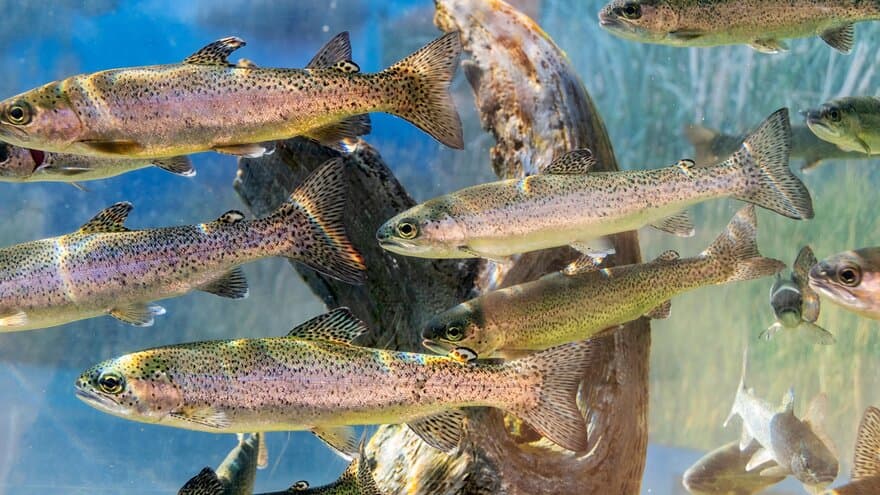02 Jan 2020 - 01 Jan 2023
Fiskeri og havbruksnæringens forskningsfond (FHF)
Background
Objective
In a nutshell the project will:
- Evaluate light regimes on smolt development and performance in sea for individual fish.
- Identify genetic variation associated with smolt development and subsequent sea performance.
- Validate novel molecular markers for ‘smolt status’ in fresh water predictive for seawater performance.
